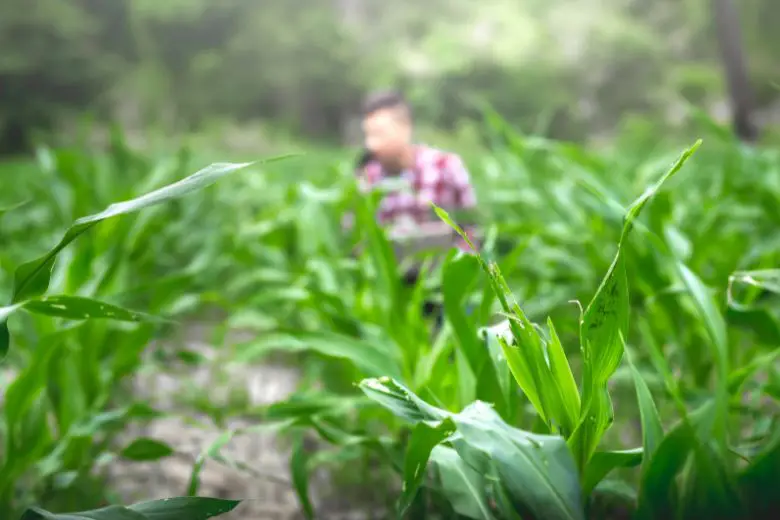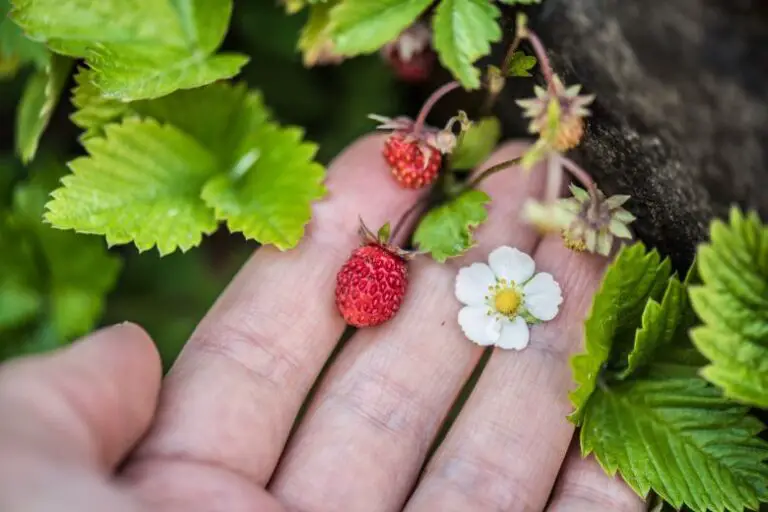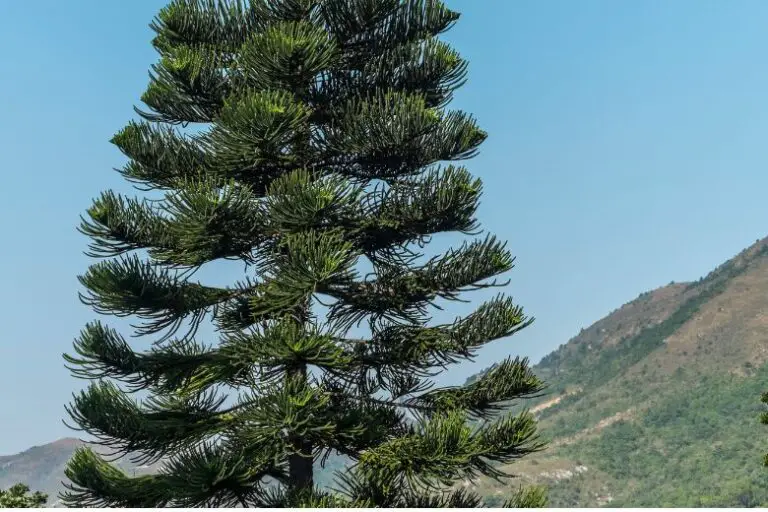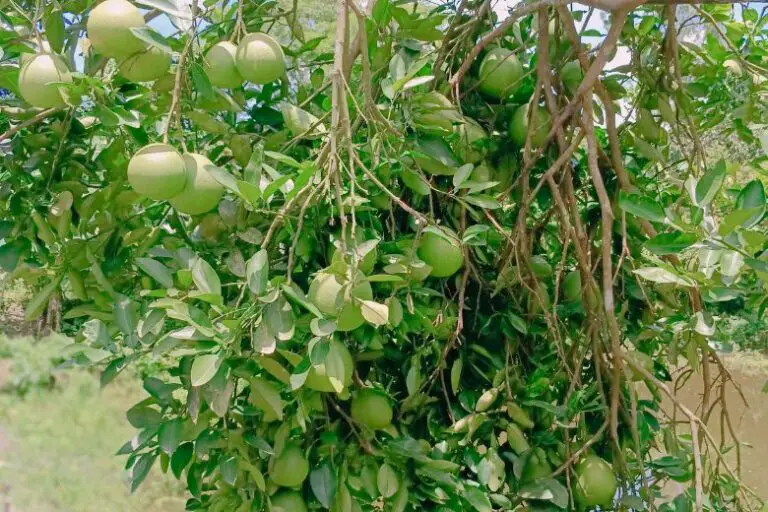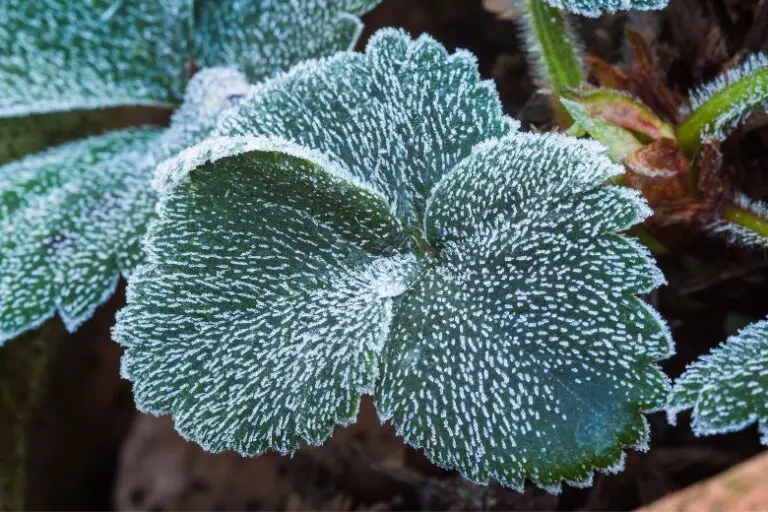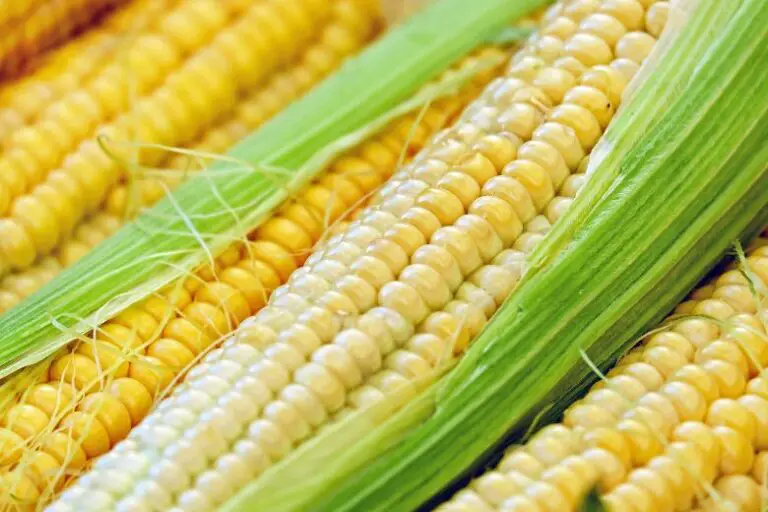Is Corn a Difficult Crop to Grow
Corn, also known as maize, is one of the most essential staple crops globally, providing food, feed, and industrial products. Its versatility has made it a crucial crop for both farmers and consumers. But is corn a difficult crop to grow?
The Origins of Corn Cultivation
Corn has a rich history dating back thousands of years. It originated in Mesoamerica and was cultivated by ancient civilizations like the Maya and the Aztecs. These early farmers developed traditional agricultural techniques, which laid the foundation for modern corn cultivation.
The Ideal Growing Conditions for Corn
Soil Requirements
Corn thrives in well-draining soil with good fertility. The ideal pH range for corn cultivation is between 6.0 and 6.8. Proper soil preparation is crucial, as corn plants require sufficient nutrients to grow healthily.
Climate Conditions
Corn is a warm-season crop and requires adequate heat to flourish. The ideal temperature range for its growth is between 60°F to 95°F (15°C to 35°C). Frost can be detrimental to young corn plants, so planting should be timed accordingly.
Sunlight and Temperature
Corn is a sun-loving plant, and it requires full sunlight for most of the day. A minimum of 6 to 8 hours of direct sunlight is optimal for proper growth and yield.
Planting Corn: Step-by-Step Guide
Choosing the Right Variety
Selecting the appropriate corn variety depends on factors such as climate, soil type, and intended use. There are different types of corn, including sweet corn, field corn, and popcorn, each serving specific purposes.
Preparing the Soil
Before planting, the soil should be tilled to a depth of at least 8 inches to facilitate root penetration and nutrient absorption. Adding organic matter can improve soil structure and fertility.
Planting Seeds
Corn is typically grown from seeds, which should be planted at a depth of 1 to 2 inches and spaced about 9 to 12 inches apart. Proper spacing allows the plants to receive adequate nutrients and reduces competition for resources.
Watering and Fertilizing
Consistent watering is vital during the growing season, especially during the critical stages of pollination and grain development. Additionally, providing appropriate fertilizers can ensure healthy plant growth and high yields.
Managing Weeds and Pests
Weeds can compete with corn for nutrients, water, and sunlight, affecting its growth. Implementing weed control measures, such as mulching and mechanical weeding, can help manage weed populations. Moreover, addressing pest issues promptly can prevent significant damage to the crop.
Common Challenges in Growing Corn
While corn cultivation can be rewarding, it comes with its share of challenges.
Pest Infestations
Corn can face various pests, including corn borers, armyworms, and aphids. These pests can cause substantial damage if not controlled effectively.
Diseases
Corn is susceptible to diseases such as corn smut, gray leaf spot, and northern corn leaf blight. Proper crop rotation and disease-resistant varieties can help manage these issues.
Environmental Factors
Extreme weather events, such as drought, floods, or unseasonal frosts, can negatively impact corn crops. Employing adaptive measures can mitigate the effects of adverse weather conditions.
Harvesting Corn
Signs of Readiness
Corn is typically ready for harvest when the ears feel plump and the kernels are fully formed. The husks should also be dry and brown.
Harvesting Techniques
Corn can be hand-harvested or mechanically harvested. For home gardeners or small-scale farmers, hand-harvesting is a common practice, while larger operations often use mechanical equipment.
Advantages of Growing Corn
Versatility
Corn is incredibly versatile, finding its way into various food and industrial products, including cornflakes, corn syrup, ethanol, and bioplastics.
Economic Benefits
Corn cultivation can be economically rewarding for farmers due to its high demand and diverse uses.
Environmental Impact
Corn plays a vital role in sustainable agriculture by promoting crop rotation and reducing greenhouse gas emissions.
Conclusion
Corn cultivation is a rewarding endeavor that provides a wide range of benefits. While it requires careful attention and management, growing corn can be a satisfying experience for farmers and gardeners alike. By understanding its requirements and challenges, farmers can overcome obstacles and enjoy successful corn harvests

